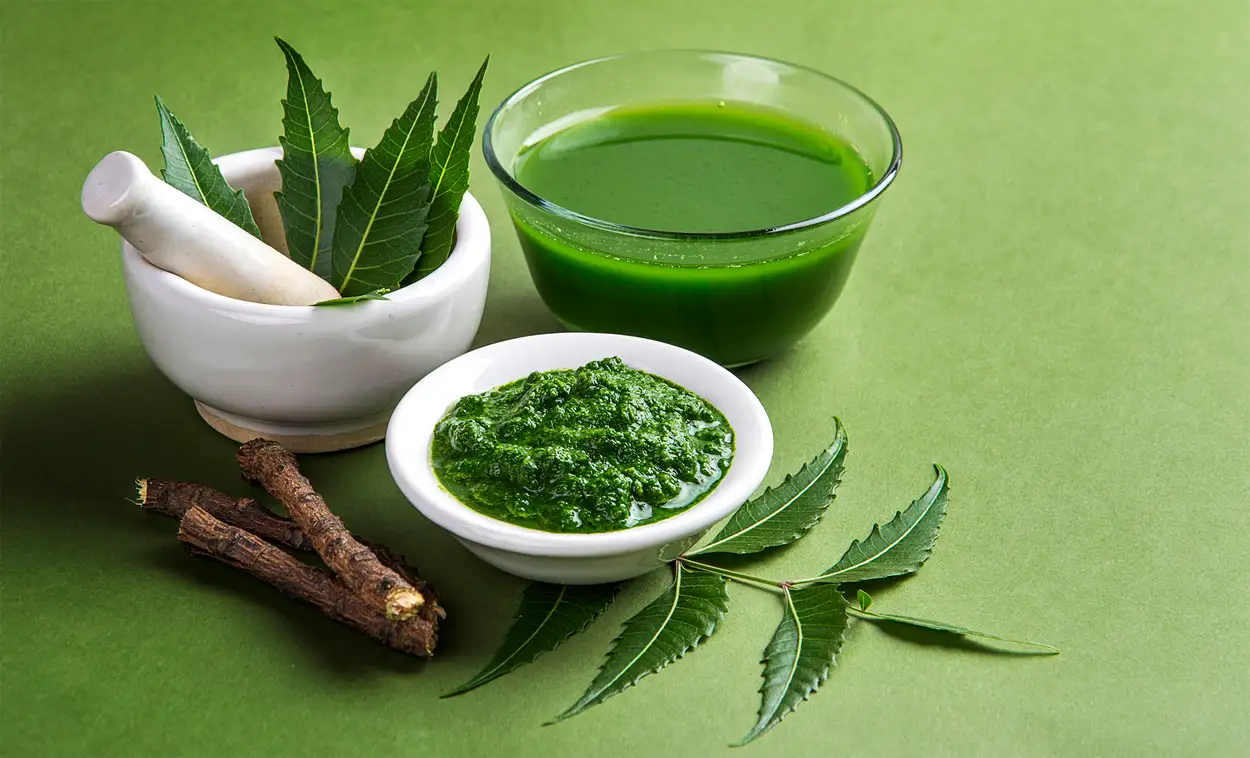World Health Organisation (WHO)’s first global centre for traditional medicine (GCTM), being established in partnership with the Ministry of Ayush (Ayurveda, Yoga and Naturopathy, Unani, Siddha and Homoeopathy) at Jamnagar, Gujarat, will harness the potential of traditional medicine from all over the world, in any form and not just promote Indian systems of medicine, says Vaidya Rajesh Kotecha, Secretary, Ayush Ministry. The upcoming centre will focus on evidence and learning, data and analytics, sustainability and equity and innovation and technology to optimise the contribution of traditional medicine to global health and sustainable development, he adds.
In an email response to Fortune India’s queries on WTO-GCTM, Kotecha said the upcoming institution’s focus areas would systematically and strategically position traditional medicine globally with a sound evidence base and catalyse an operational environment for traditional medicine to embrace innovation, and excellence. “We have one of the oldest and largest traditional medicine cultures in the world and for us to be at the forefront of this initiative are humbling. Considering the background that about 80% of the world is estimated to utilise traditional medicine and that 170 out of 194 member states report use of traditional medicine, it is time that Indian traditional medicine is brought to the forefront”, he said.
The market size of Ayush products and services is estimated to be $18.1 billion in India. The country’s global market share has increased from 0.5% in 2016 to 2.8% today.
The WHO-GCTM aims to combine the use of modern technology and unique traditional medicine practices and therapy, build a solid evidence base for policies and standards on traditional medicine practices and products and help countries integrate it into their existing health systems. Considering Indian traditional medicine’s centuries of clinical experience and unique contributions as preventive, therapeutic, rehabilitative and promotive medicine, India has a big opportunity ahead to become a leading source of traditional medicine and to become the largest manufacturer of authentic traditional medicine products, Kotecha says.
He also said that the Ministry of Ayush is working closely with the Ministry of Health and Family Welfare to collaborate in mainstreaming the use of traditional medicines and to facilitate integrated population level public health and patient level health care delivery. “Inter-ministerial meetings are going on and action plan, implementation strategy etc. are being finalized”, Kotecha says.
The groundbreaking ceremony of GCTM is planned on April 21 in the presence of Prime Minister Narendra Modi and Dr Tedros Adhanom Ghebreyesus, Director General, WHO. To coincide with the event, the Ayush ministry is also hosting a Global Ayush Investment and Innovation Summit at Mahatma Mandir, Gandhinagar, Gujarat, from April 20-22. “One of the aims of the summit is to showcase Indian traditional medicines to the world. We are hoping to also attract some lucrative investments to build India as the Global Ayush Destination in the world”, Kotecha said.









